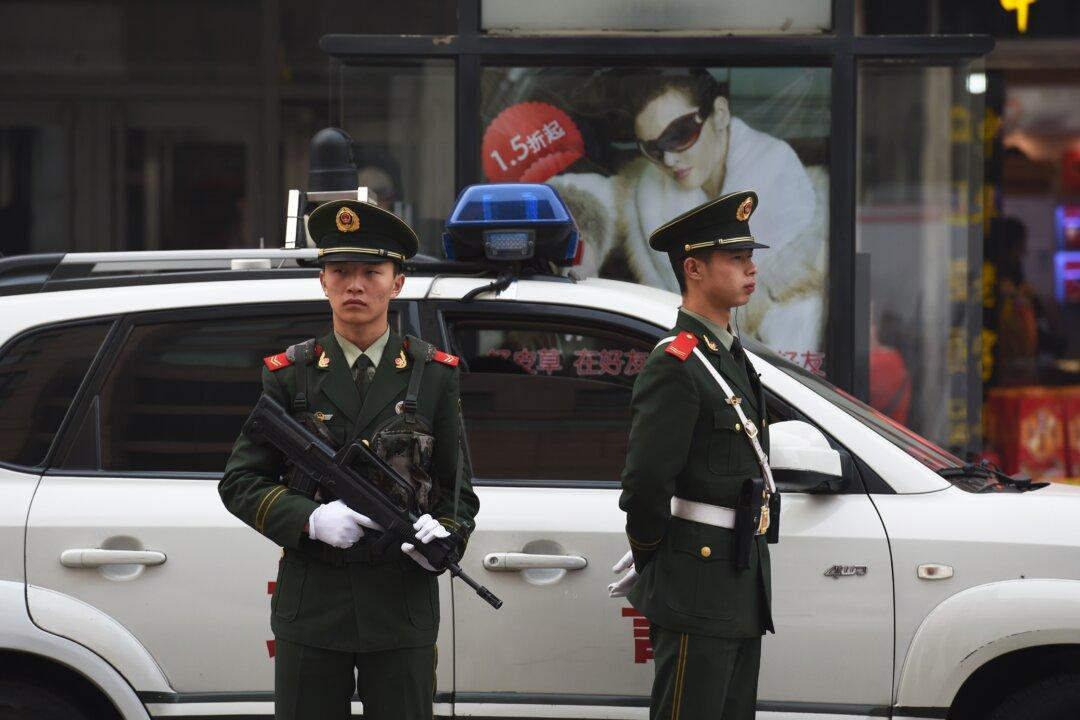A campaign launched by Chinese authorities early last year to eradicate organized crime has uncovered widespread collusion between local officials and gangs.
In January 2018, Chinese authorities launched a three-year campaign to eradicate organized crime. Within two years, numerous officials in different regions, especially those working in public security and the judiciary system, have been found to provide protection to local gangs. In exchange for huge bribes, these officials protect gang members from lawsuits.





